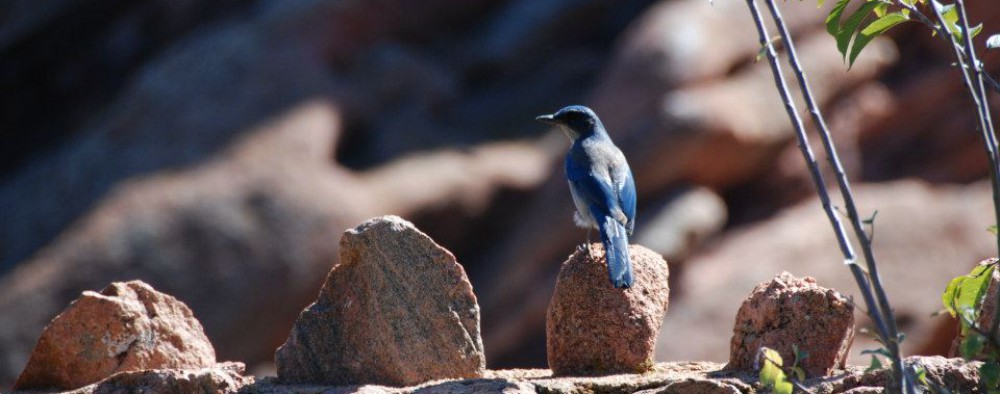
OH how I hate these conditioning workouts.
And yet here I am, on the other side of another one, feeling *AWESOME* in spirit and absolutely spent in body.
I sign up only partially wanting to come. I still have the “I should” voice, which I appreciate and continue to reframe as “I know I will thank myself later. I will be glad that I did it. STRONG OLD LADY!!”
But the catalyst that gets me past the activation energy is the people. I know the coaches; I know they are here to encourage, to keep me safe, and never to judge. I may or may not know my classmates, but they are reliably friendly and welcoming, and we all follow the coaches’ lead, leaving any and all judgments at the door.
They say that how we treat ourselves underlies how we treat others, and we are generally kinder to others than to ourselves. So being in this space, where others are so kind to me, coming here regularly, teaches me to strengthen my body and soften my self-talk.
Melissa taught me the five factors that keep kids in sports; they are the same factors that keep adults in an exercise program:
1. It’s FUN
2. Our friends are doing it
3. We feel like we fit in
4. We feel competent, like we know what we’re doing
5. We feel we are making or can make progress
Generally I think if we have three or more at any given time, it may be enough to keep us going.
At Ethos I have all five. Well, today not the first one. But the other four, absolutely, no question, in spades.
There are simply not enough words for the gratitude.




